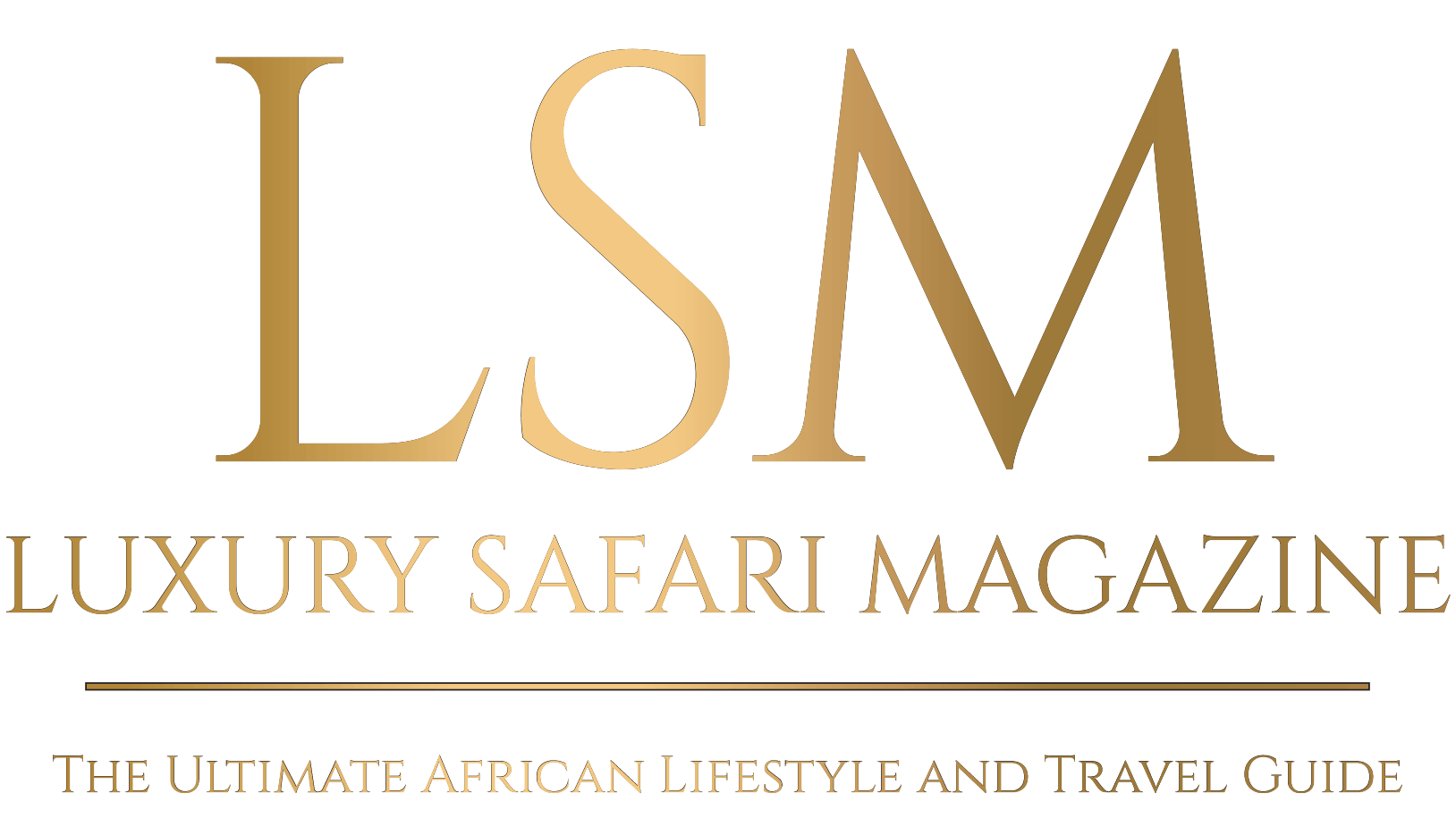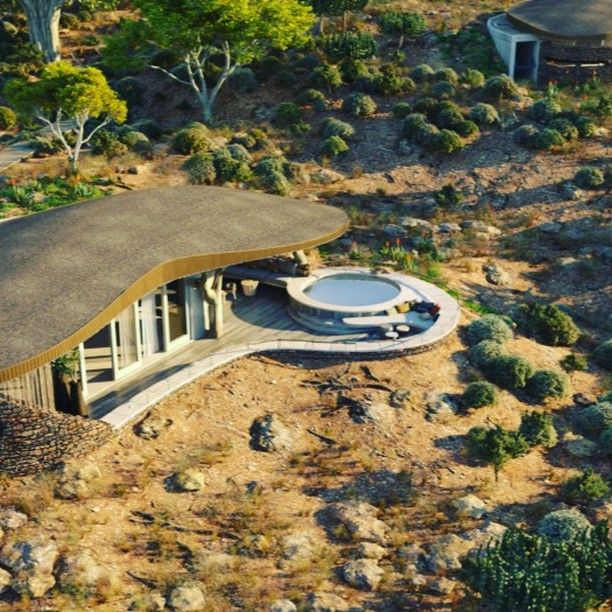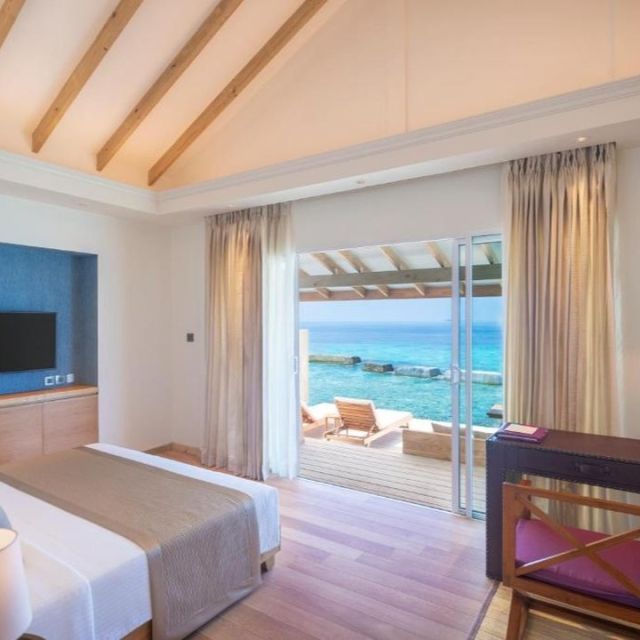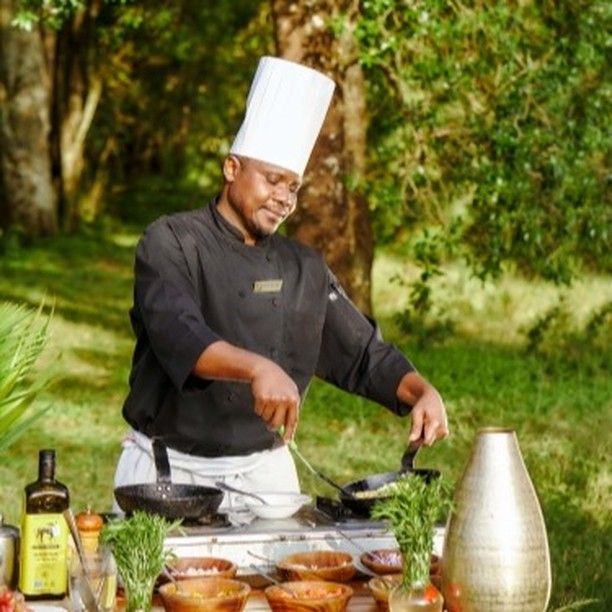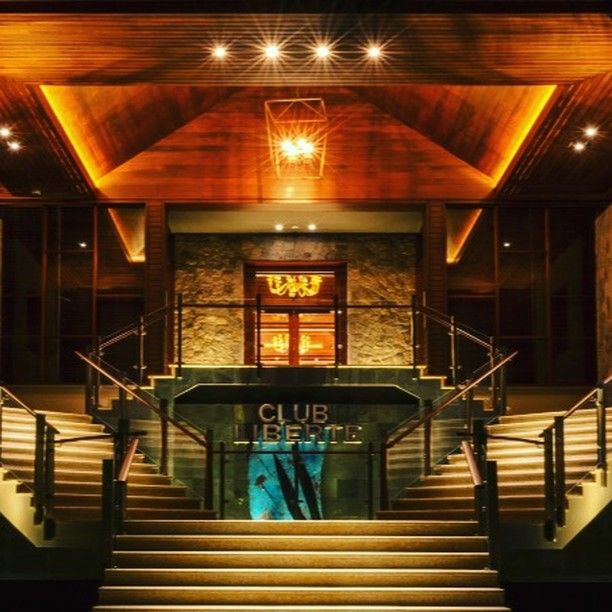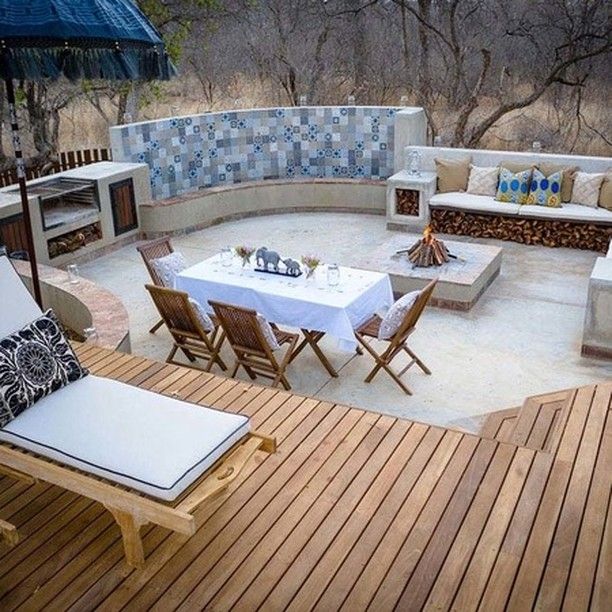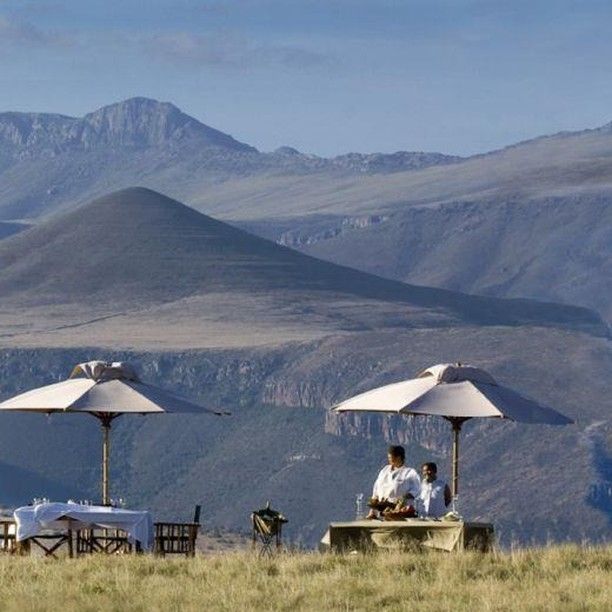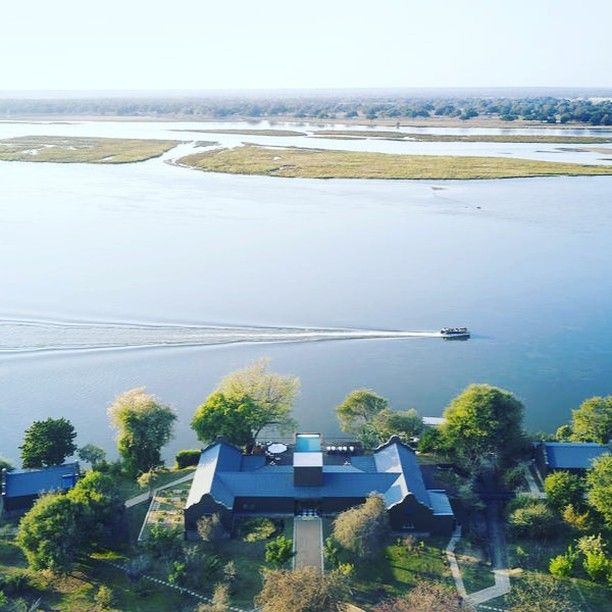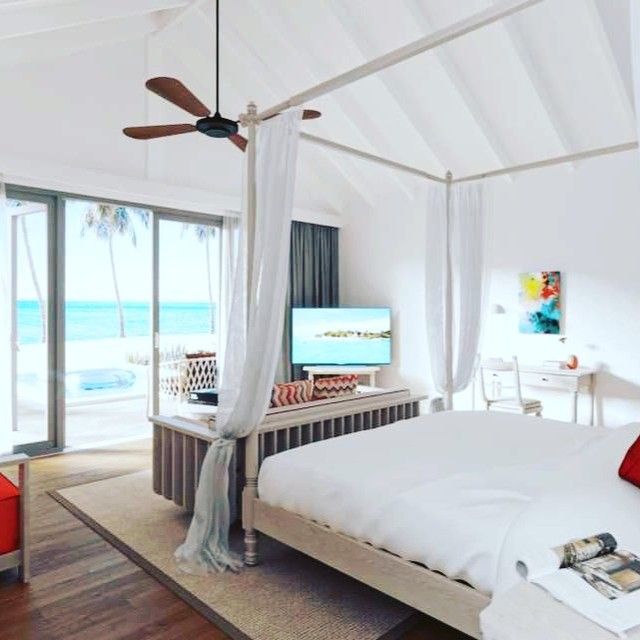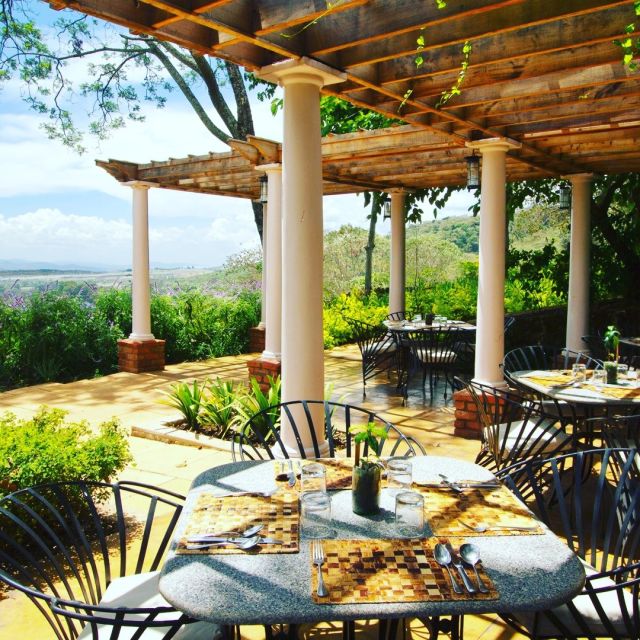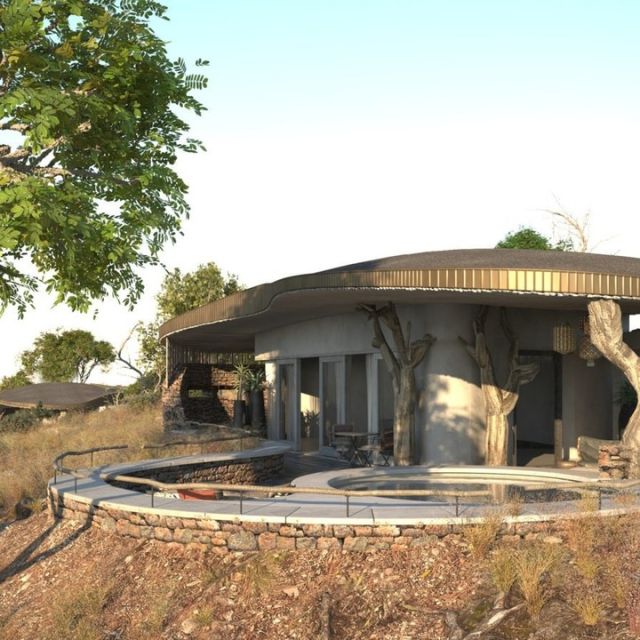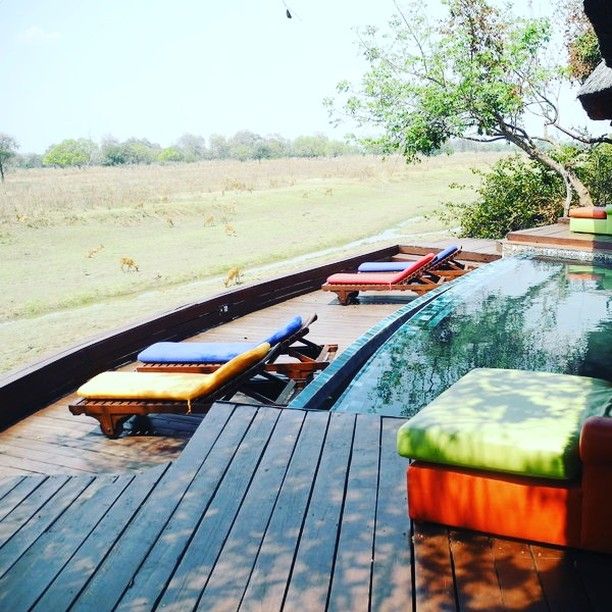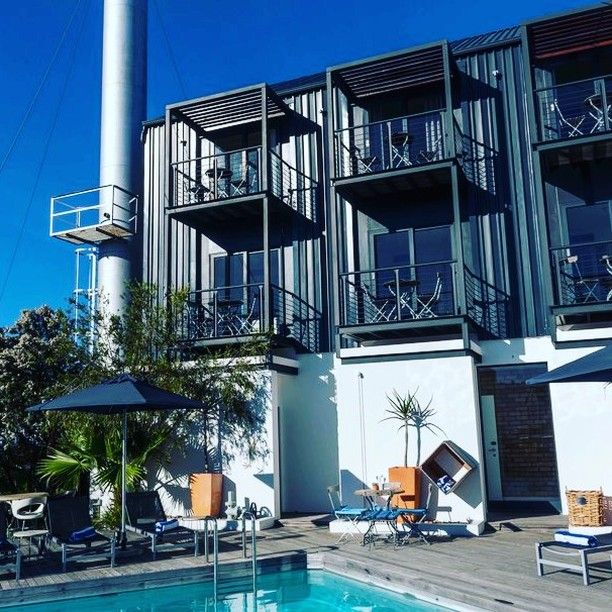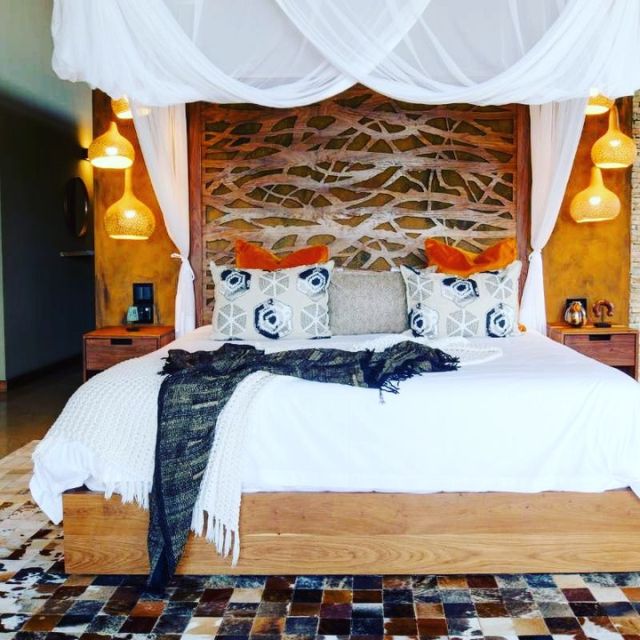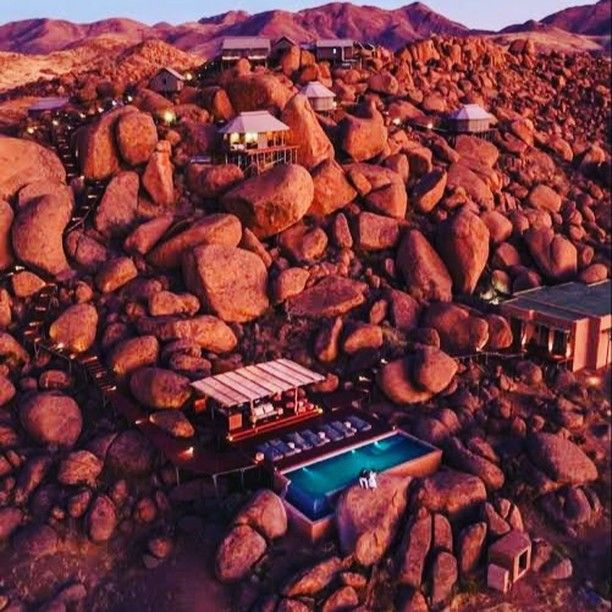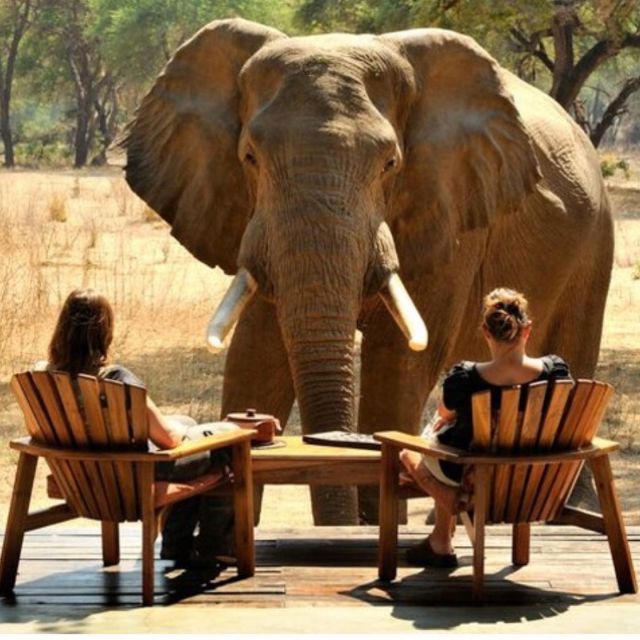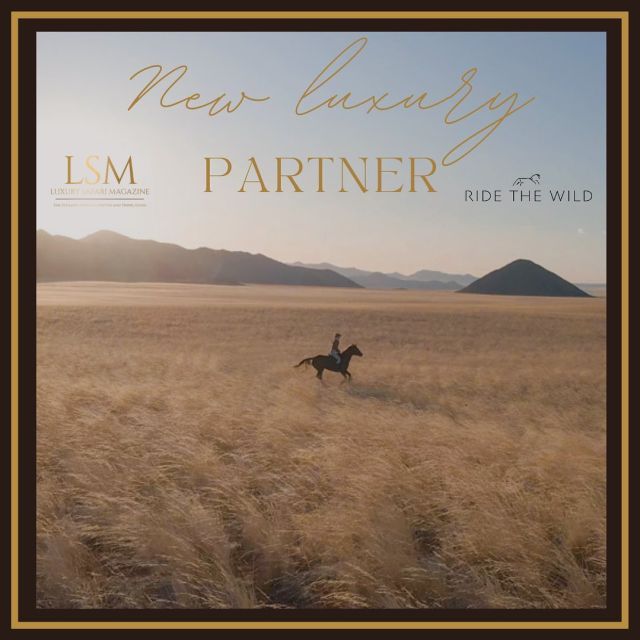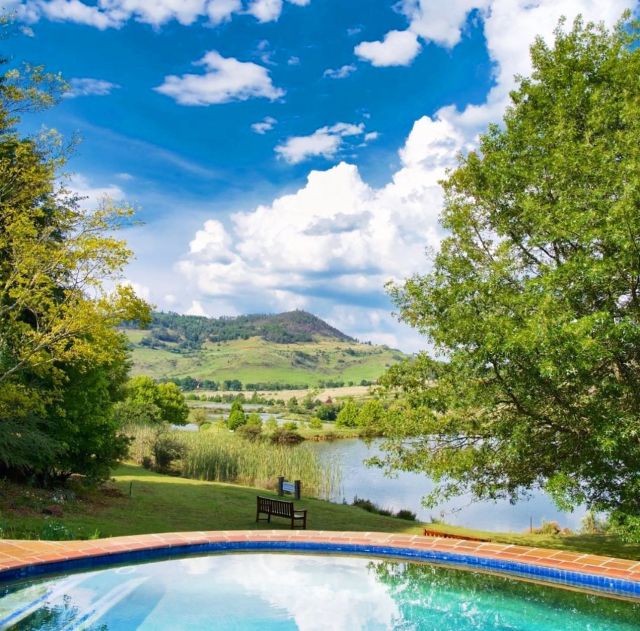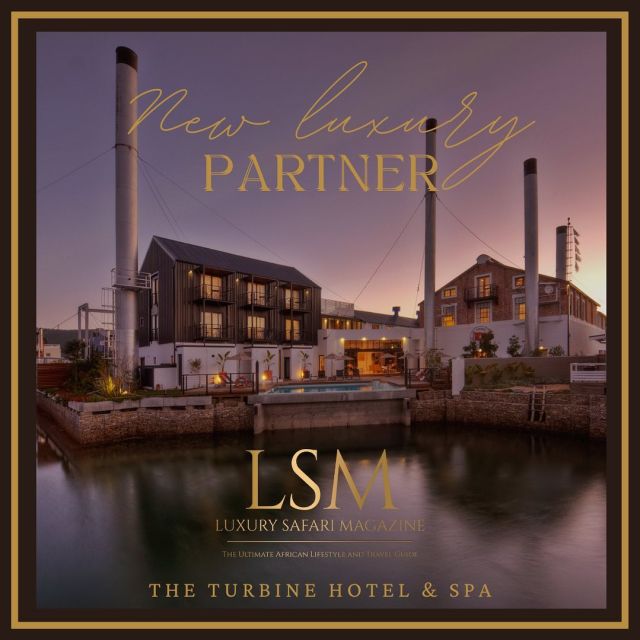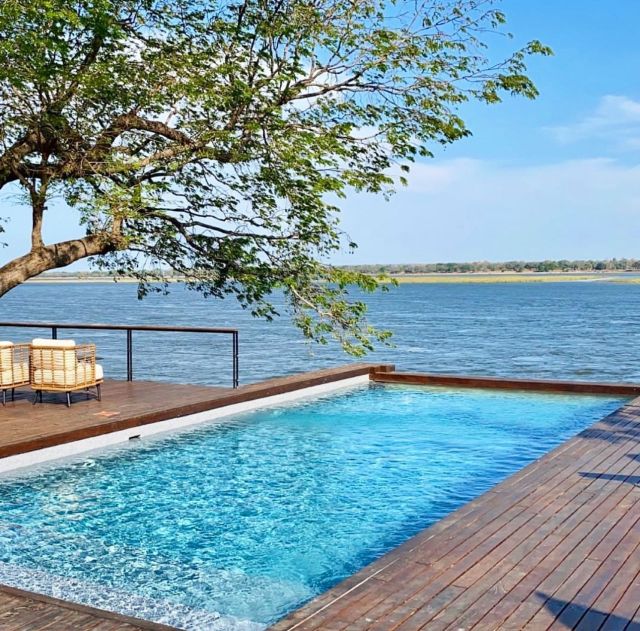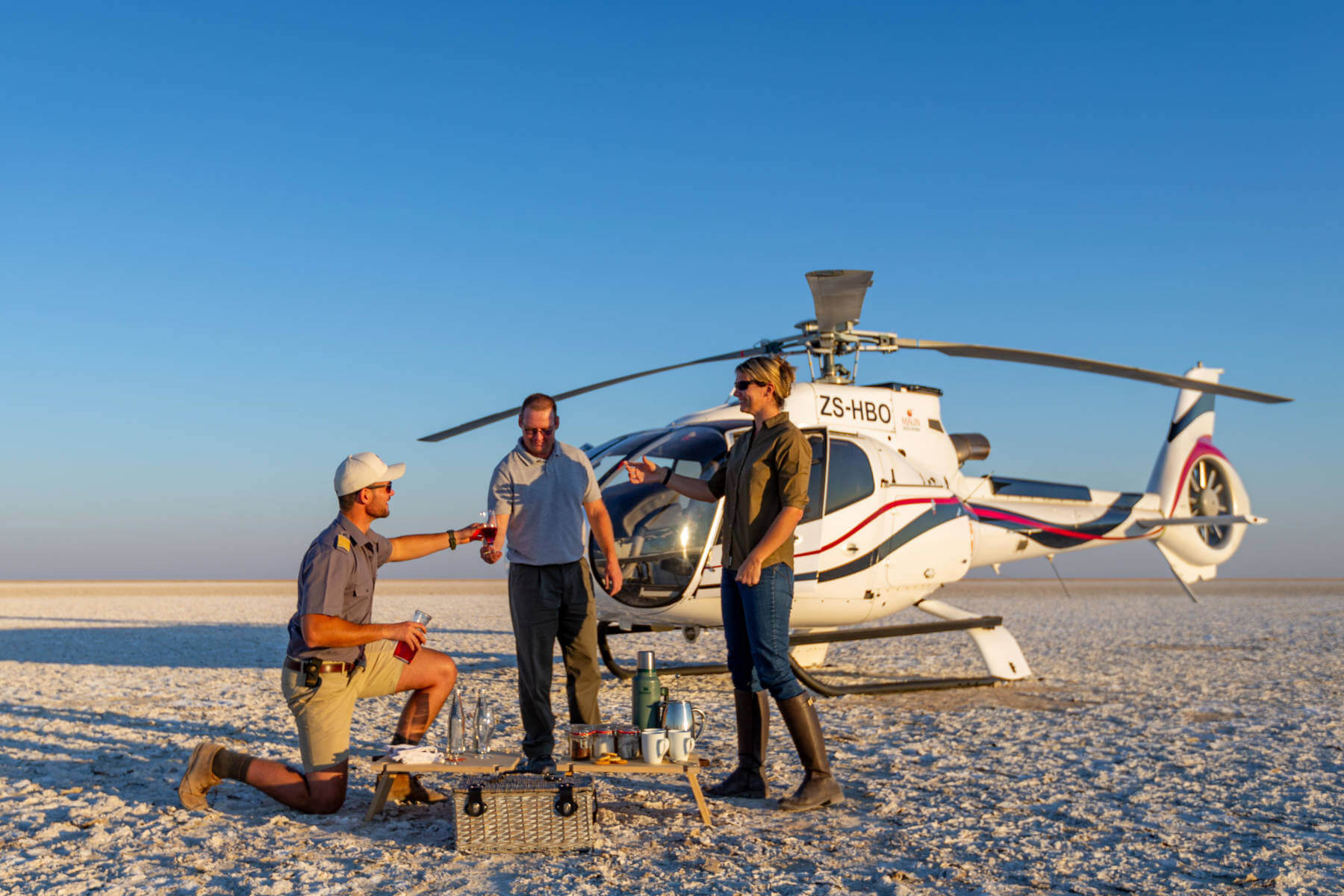May 19, 2022
Soft Foot Alliance – a community boardering Hwange National Park in Zimbabwe
Vision: Our vision is to work to create a peaceful and abundant future in the communities living along the edge of Hwange National Park.
By supporting and being a part of facilitated dialogues within these communities we know practical and pragmatic training opportunities are one of their main desires. There is a determination to create local jobs and enterprises to uplift the whole community. Through active participation, training, determination and compassion we are seeing the community in which we live develop. In just one of SFA’s projects, young men in local communities have been trained in carpentry skills and plumbing skill, trades that are desperately needed in the region.
As we build on our collective learning and expand on our exciting projects our vision is to see the community, which we call home, thrive and live peacefully alongside healthy wildlife populations.
Through working together towards this goal of a landscape that is regenerated and flourishing our hope is to inspire and help train other communities to do the same in Zimbabwe and further afield.
Who they are:
Brent’s story with Hwange and its lions started more than 20 years back as a safari guide and it was then, showing foreign tourists lions, that he came to love them. He went overseas and studied in the UK and when he came back home to Zimbabwe in 2006, he knew he wanted to study lions.
He hounded Oxford’s WildCRU for a position on their Hwange Lion Research project until they finally relented and took him on. It was then that he realised that lions were in peril and the real lion conservation needs were on park boundaries. He specialised in the conflict between lions and people and set up the Zimbabwe version of the Kenyan Lion Guardians. They called theirs “The Long Shields” and they had great adventures trying to mitigate the conflict. That project continues today and is very successful. Still, it became apparent to Brent that in order to make meaningful, long-term changes to people’s behaviour in terms of lions and the conflict between the two, they needed to come at the situation from the people’s perspective FIRST.
Herding, or lack thereof, is the single biggest reason that lions kill livestock around Hwange National Park’s boundaries. Something like 90% of cattle killed by lions are grazing unattended and yet Africans have had a deep culture of attending to livestock since time began. Something has changed! Now, as a “lion man”, Brent would have seen that and told people to herd their cattle to avoid this situation and that would be that, but from their new perspective they stop to ask the question: “Why aren’t you herding your cattle?”
The answer is simple and without malice or ambiguity “herding is seen as a dead-end job and one without prospects”. Hardly an interesting career choice for the traditional demographic that herds cattle……young men!
Their challenge then was clear and that was to turn herding into an opportunity, rather than a dead-end job. This type of thinking drives our every decision now, from creating the mobile boma project to the trade skills project that you can read about on the website.
After studying fine art at Goldsmiths College, Laurie quickly realized that art for art’s sake was not why she loved it, but it was its ability to communicate outside of verbal language. Working with people with special needs totally changed her practice as she could see how art can be a means of communication for the voiceless.
Work took her from the UK, via Paris to Africa. Her passion for wildlife was nature not nurture for her and so living in Hwange National Park was a dream come true to see animals in their own environment. Laurie volunteered to run conservation education initiatives using art for Hwange Lion Research and as a field assistant.
As she became more immersed in this beautiful country, both Brent and she decided they wanted to live with the people who ‘live’ with wildlife to understand what that truly entails. They approached a chief who is the traditional leader of this area and asked if they could live in the communal area as part of the community. They were so humbled and excited to be accepted by him and the community members. They know they had to throw themselves into this opportunity to honor their support and give it 100%.
This has included building their own home, learning about living off-grid and practicing permaculture. All of this heightened their understanding of how destructive modern life is for the natural world. From reading, doing short courses and mistakes along the way, they have created their new life.
Laurie’s focus now is on developing permaculture practices that can be applied in the community. This isn’t only about growing food; it is a design system that can be applied to anything. One of her first community projects was working with local women to make rocket stoves, which you can read about on the website. Rocket stoves are incredibly efficient, they use very little wood; they are also great for family wellbeing as they produce very little smoke and they liberate women, who no longer need to constantly collect firewood and carry it over long distances. Some women have gone on to make the stoves as a business and support themselves.
It’s been just over 7 and a half years of living in their homestead and it’s a constant learning experience observing, designing, trying, and developing new skills. They are in a fantastic position to truly understand what it means to live with wild animals and to share with their community how invaluable it is to care for the environment which we all depend on to survive.
Training and inspiring the community in solutions that they can easily implement to improve their lives, the land and the conflict with wildlife is key to their work; and, at the same time, they are learning from the people they live with, in the community.
Their vision for the future is one of abundance for all, Earth Care, People Care, Fair Share. They hope that you will enjoy sharing in their journey as they keep you posted on both the highs and the lows along the way.
What they do:
The Soft Foot Alliance Trust was created to address human-wildlife conflict in a way that works for both, people AND animals. By testing new techniques, and empathy for people’s needs, wildlife needs and environmental needs they aim to create sustainable conditions for both people and animals to thrive in the same area and help redevelop the respectful balance people once had with the natural world.
Because they live in a community where people live on about USD $0.30 per day, they needed to develop low-cost practical and scalable solutions that can be implemented by the community members themselves. Part of the Soft Foot Alliance’s vision is that these projects support community members to develop trade skills and create a number of regional social enterprises. These new business opportunities move community members beyond subsistence farming and acknowledge that, while it is most welcome, tourism can only provide jobs for a small percentage of local people; much more diverse employment opportunities are needed.
Developing skills, educating people, creating social enterprise and improving prosperity can result in reducing the survival anxiety that is prevalent in our impoverished communities. Once people can move beyond day-to-day survival anxiety, which is all-consuming, they are able to create and support opportunities that go beyond eliminating human-wildlife conflict to re-connect more local people with the local wildlife needs. In addition, by introducing permaculture strategies to restore the water table, reverse soil degradation and manage the use of water and fire woodland, the community is joining forces to rehabilitate the native environment.
Soft Foot Alliance’s current projects include:
1. Zero Visibility Mobile Bomas: Research has shown that if a lion can’t see through a barrier, it won’t jump in. Similarly, for cattle, if they can’t see the lion outside the boma (even if they smell it and hear it) they won’t break out in panic, which in turn attracts predators. In over 3 years of use not a single stock animal has been killed in a zero-visibility mobile-boma by either a lion or a hyena
2. Co-Herd(Ndawonye): The program has been designed to rebuild the status of herding in the community and with the young male demographic group needed to look after stock animals. Those that agree to protect the community’s livestock are, in their time off, given access to training to learn new trades and be a part of developing new local enterprises.
3. Rocket Stoves: Manufacturing highly efficient rocket stoves, from local materials, serves several purposes including protecting rural families from cooking smoke-related diseases, reducing the need for collecting large amounts of wood, which can be time-consuming and bringing people into contact with local wildlife. In addition, taking less wood from the local environment is enable our native trees to regenerate.
4. Permaculture: As human impact on the planet becomes more evident to all, the diminishing resources, changing climate, and loss of species and biodiversity can become overwhelming. At the Soft Foot Alliance, they believe there is hope through using a holistic, solutions-inspired approach. Permaculture design is about creating regenerative human habitats, turning away from destructive behaviour to habits that enrich our lives and environment at the same time.
5. Heritage Crafts: They are developing a number of social enterprise opportunities in communities surrounding Hwange National Park. They are particularly excited when these opportunities are built on a permaculture foundation.
W: Soft Foot Alliance
E: Brent
E: Laurie
Social media
